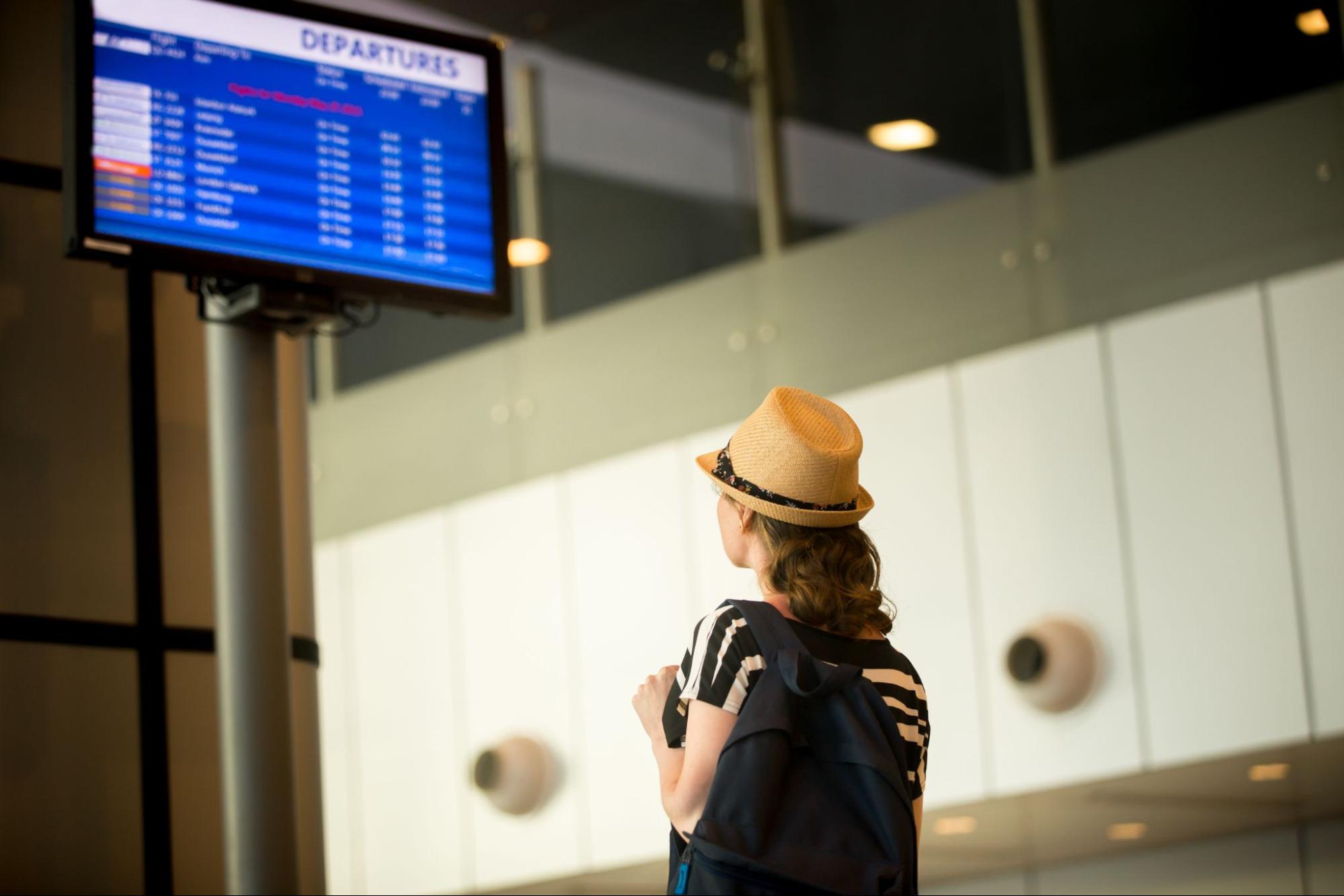
What is an Airline Consolidator? Everything You Need to Know
Airline consolidators are companies or agencies that purchase bulk tickets directly from airlines at discounted rates and then resell them to travel agents or consumers at a lower price than what’s available through traditional sales channels.

